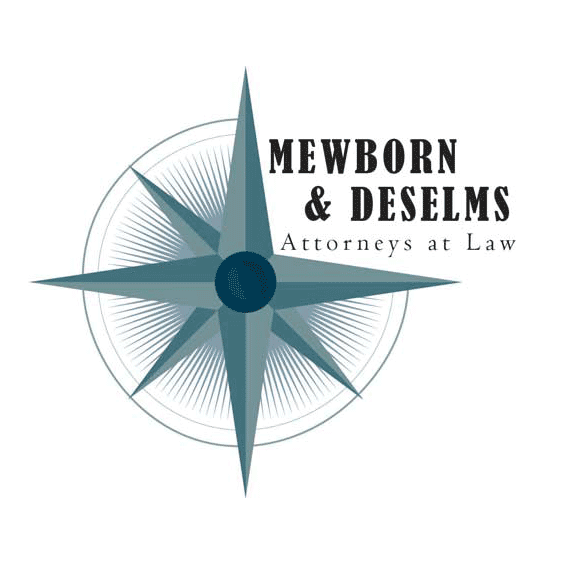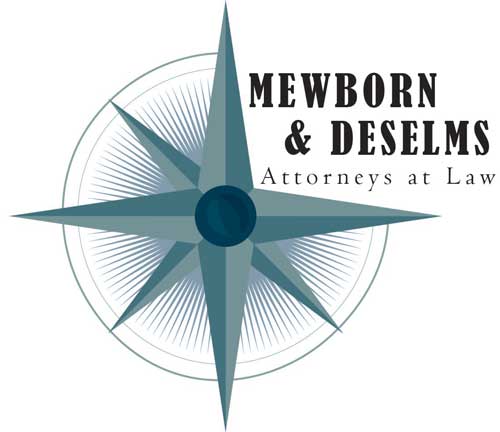When you buy a home, you must budget for closing costs that are not included in the purchase price.
The North Carolina Real Estate Commission explains that buyers and sellers will review a closing/settlement statement. This statement will set out the funds paid and received by each party at closing.
The parties prorate certain home-related costs
You and your seller will prorate certain costs on the settlement statement. In other words, the parties will allocate responsibility between themselves for some home-related expenses. These expenses may include utility bills, real estate taxes and special assessments.
Your seller has responsibility for his or her share of real property taxes from January 1 through your date of closing. You must pick up the tab for the balance of the year.
Your new home may be subject to special assessments for improvements such as sewer lines or drainage systems. You will prorate these assessments, but take note of assessments that encumber your property at closing. As the new owner, you will be responsible for these items after the closing date.
Each party pays specific closing costs
Buyers typically pay the costs associated with a property inspection, survey and title search. If you are financing the purchase price, the settlement statement may also reflect charges related to your loan. These charges may include origination fees, lender’s legal fees, a loan title insurance policy and appraisal costs. Your lender may also require that you fund an escrow account to pay homeowner’s insurance premiums, real estate taxes and, if required, private mortgage insurance.
Sellers usually satisfy existing loans and liens. They also generally pay brokers’ commissions, deed preparation fees and state revenue stamps.
You and your seller may negotiate responsibility for fees and costs.


